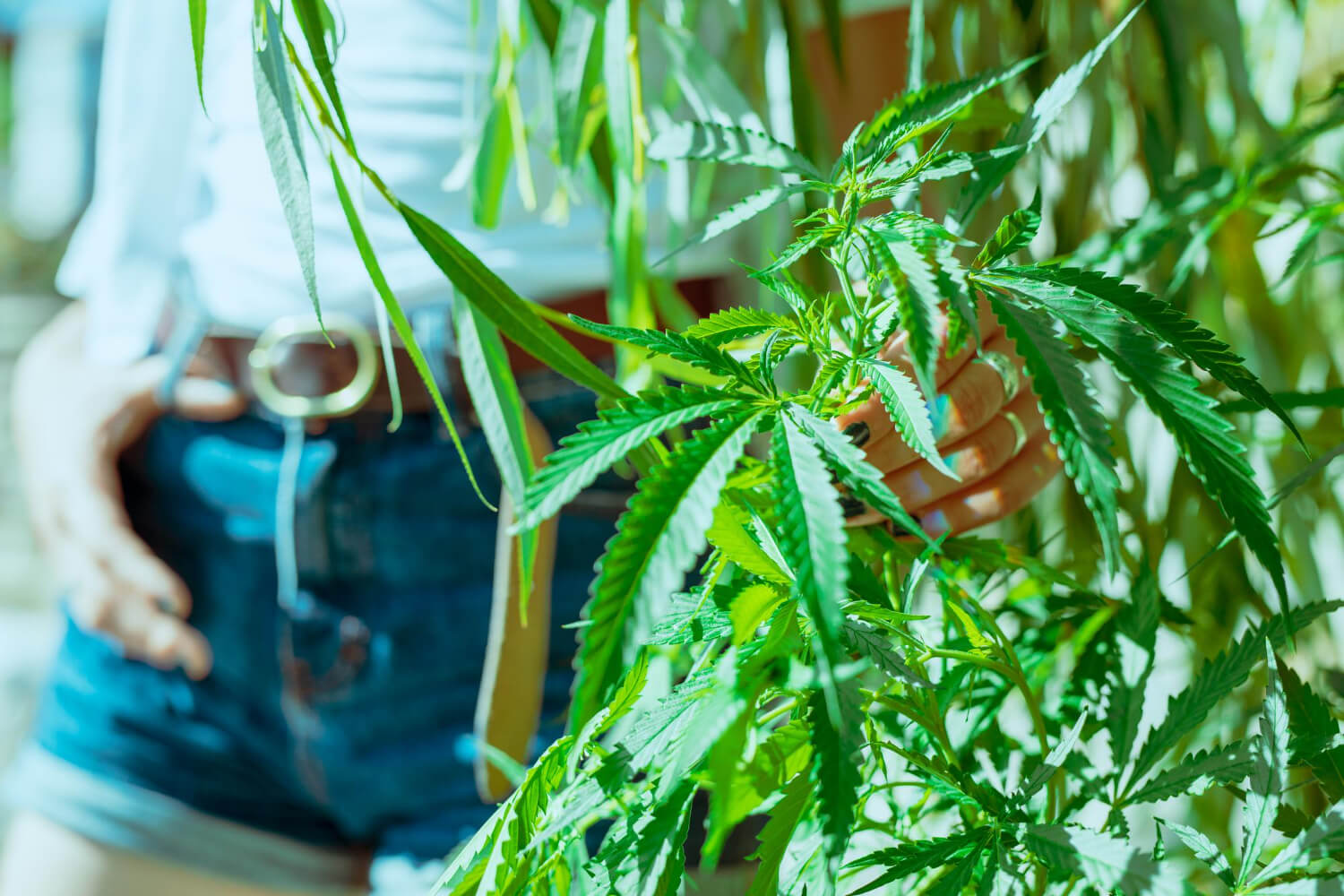As regulations evolve, New York cannabis authorities are contemplating allowing adults aged 21 or older to cultivate cannabis plants legally within their homes. This development follows the establishment of the right to grow cannabis, which was set by a law passed in 2021. The rule mandates that these measures must be approved within 18 months of the first legal sale, which transpired in December 2022.
Accordingly, licensed retailers in New York State would be permitted to sell starter plants, provided they carry a registration certificate issued by the New York State Department of Agriculture and Markets. These novel provisions aim to enable easier access to cannabis by permitting personal cultivation while maintaining regulatory oversight via authority-approved certificates.
The Proposed Rules: Plant Cultivation Limits and Personal Possession
One crucial aspect of the proposed rules is the limitation on the number of cannabis plants that can be grown per residence. Currently, it stipulates that each private dwelling in the state may cultivate up to 12 cannabis plants, regardless of how many qualifying adults live there. This cap ensures a level of consistency and regulation when it comes to the allowed quantity of homegrown cannabis plants.
Additionally, the new rules propose increasing the personal possession limits of cannabis. Individuals who have cultivated cannabis on their private property will now be subject to an adjusted limit, with allowable amounts extending to five pounds of trimmed cannabis flower. This change aims to accommodate those who choose to grow their cannabis personally, providing them greater flexibility regarding possession allowances on their premises.
Impact on Licensed Retailers and the Path to Regulation
Introducing these new regulations hasn’t been without its fair share of debate and controversy. Initially, the rules surrounding home cultivation were postponed to offer licensed retailers a competitive advantage—an effort to give them some leeway in this relatively new market.
However, the process has been riddled with problems, such as ongoing challenges faced by authorized retailers combating unlicensed sellers, alongside delays in licensing due to legal actions against social equity provisions. The decision to allow home cultivation may work twofold: It enables formal regulation and addresses these issues more effectively while catering to New Yorkers who wish to grow cannabis for personal consumption.
New Perspectives on a Budding Industry: Balancing Interests
The new regulations under consideration walk a delicate tightrope between satisfying different stakeholders’ interests and fostering industry development. On the one hand, the rules seek to create an environment that supports obliging licensed retailers and discourages black-market sales and distribution.
On the other hand, the prospect of home cultivation appears to have garnered public interest, particularly related to the newfound legal accessibility to the product. As authorities carefully craft their next steps, they must strike a balance that both accounts for any adverse effects on the licensed cannabis retail market and embraces broader public opinion favoring legal at-home cultivation options.
What Comes Next?
As New York State continues its trek toward reshaping the landscape of cannabis legalization and use, it remains essential for stakeholders and the general public to stay informed about these developments.
Both groups should anticipate further discussions around possible changes to cannabis legislation, particularly considering the evolving opinions and perspectives it attracts. By paying close attention to the proposed regulations and the feedback provided during consultation processes, individuals can better determine how these shifts will impact their access to and experiences with cannabis in New York moving forward.
A New Era for the Empire State
While experts continue to scrutinize New York’s recreational cannabis market for potential adjustments and opportunities, the prospect of introducing legal home cultivation signals a significant shift in the state’s approach to marijuana.
As policies strive to promote a more regulated and accessible environment for cannabis consumers, it is crucial for all parties invested in the evolving regulatory framework to stay engaged with the discussions taking place. With careful consideration of its various stakeholders’ needs, New York is well-poised to establish itself as a leader in intelligent cannabis legislation within the United States.





